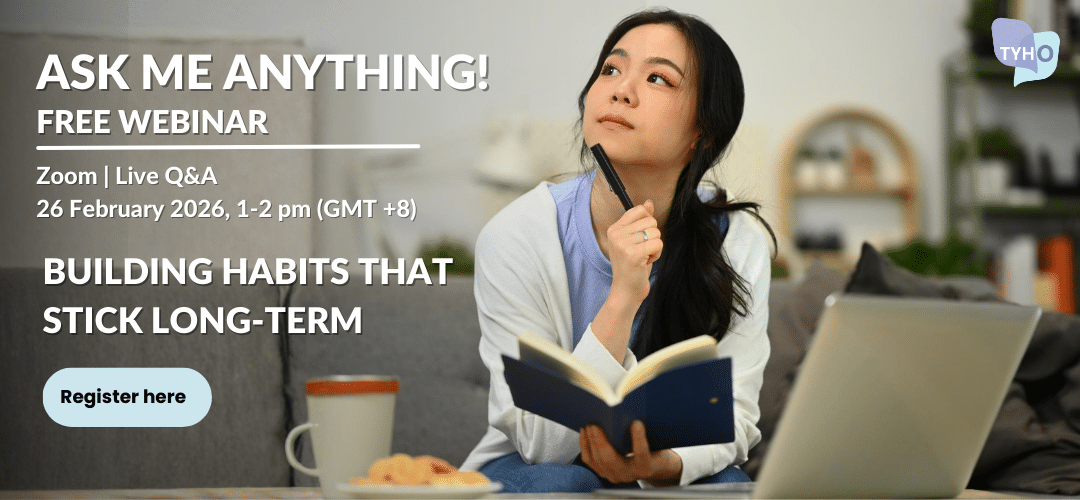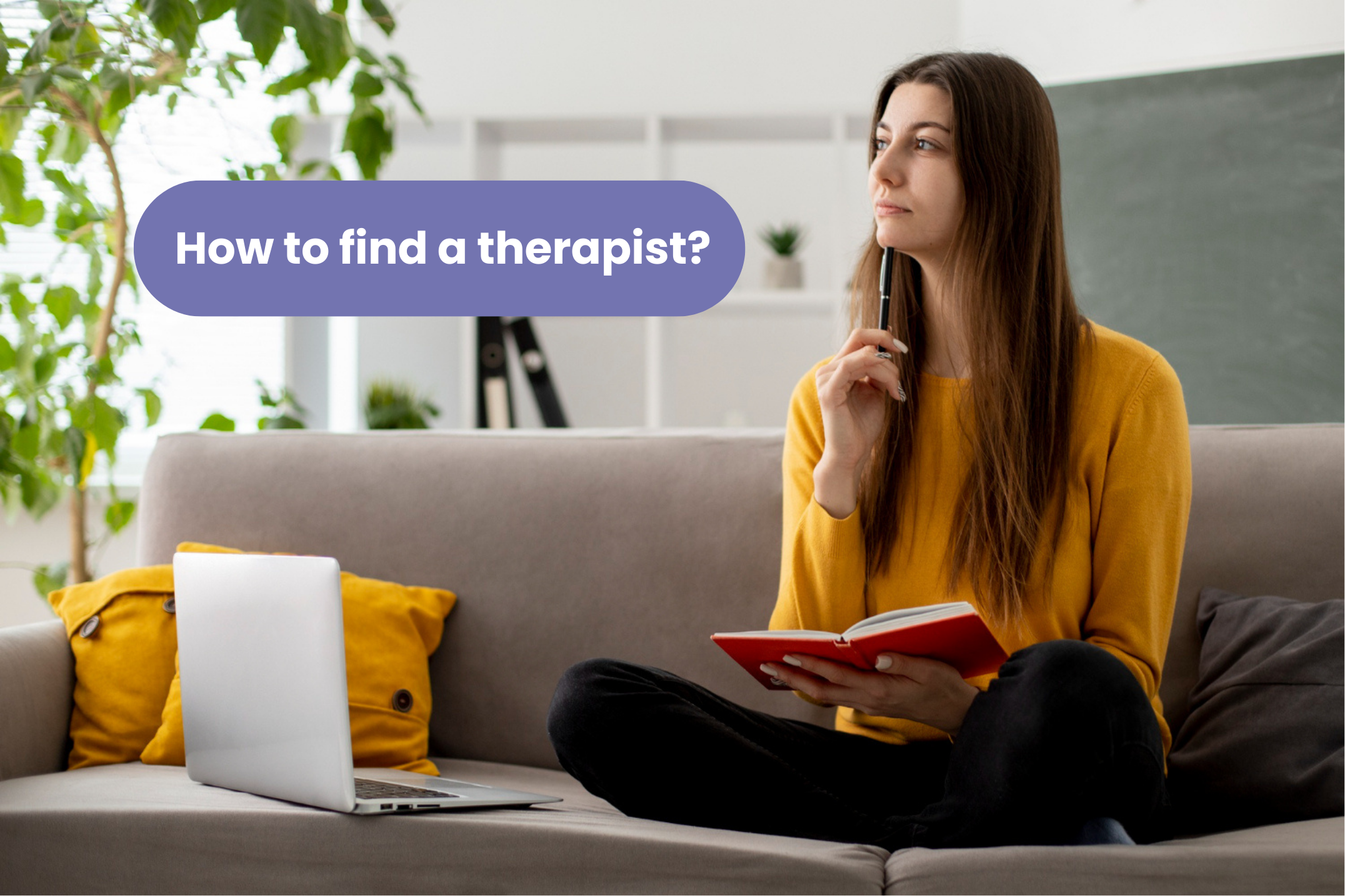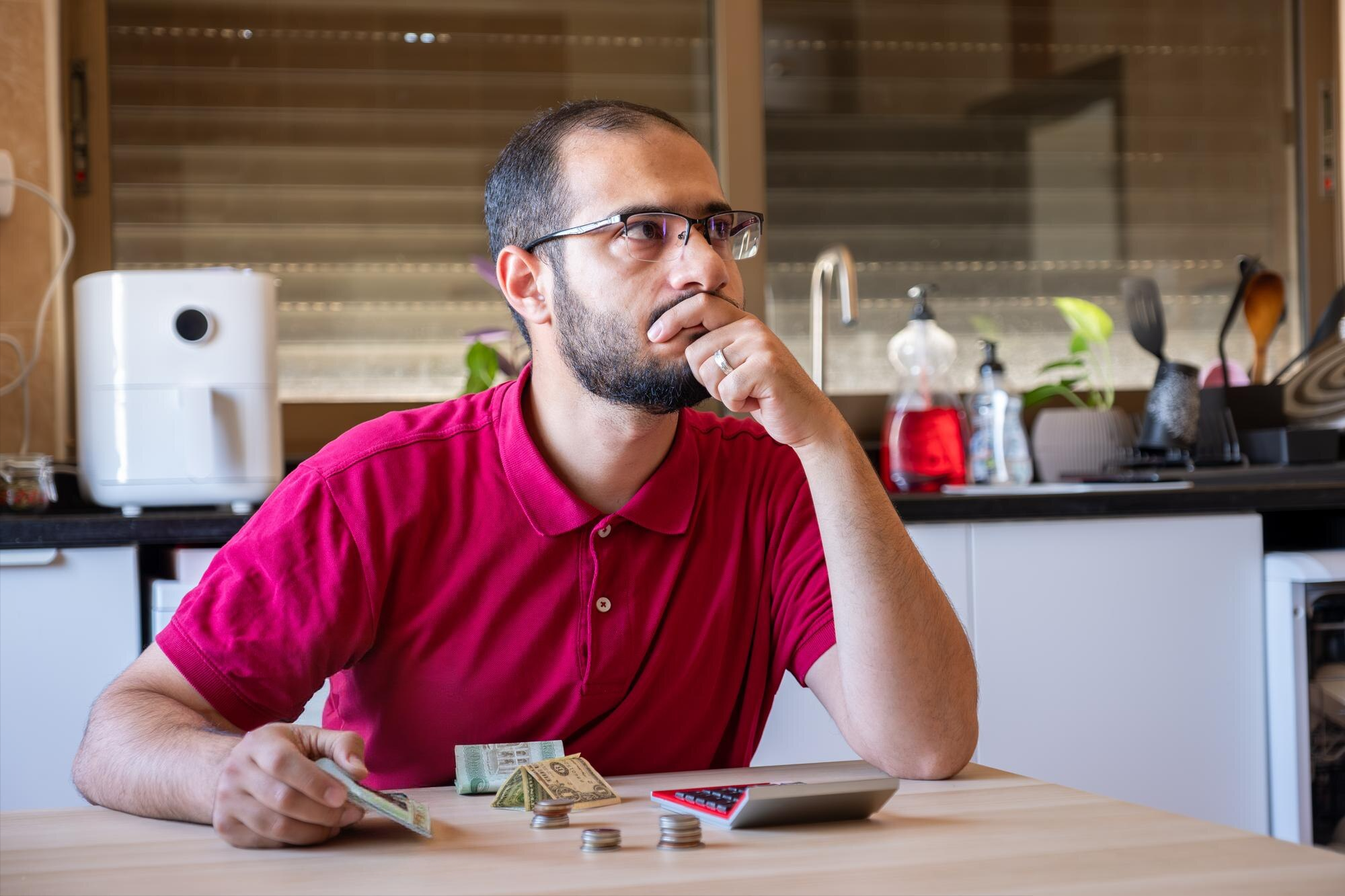- Published on 31 March 2025
COVID has popularised online therapy – and for a good reason.
After a long, busy day at work, travelling to yet another location takes solid mental and physical effort. It takes effort to dress up, leave all the household chores behind, and pay extra for food or car rental.
Many also find that online therapy is just as effective as in-person. To examine these claims, researchers created a study in 2020 and concluded that online counselling, mainly using cognitive behavioural therapy, is just as effective as traditional.
However, examining whether online counselling works for you is important before you take the research results at face value.
So, in this article, we’re talking about the effectiveness of online counselling, exploring the pros of both modes and looking into 4 considerations to make a decision.
This Article Contains:
Effectiveness of Traditional vs. Online Therapy
We have witnessed a digital revolution in the field of mental health. Not only does everyone have access to seeking therapy virtually, but it’s now also possible to find subsidised or cheaper therapy options (that are just as effective).
Here are some results of research that has studied the effectiveness of online therapy:
- A 2024 study analysed high-quality research conducted previously to conclude that both in-person and online therapy are beneficial and effective.
- Studies comparing both modalities for effectiveness in addressing mental health problems such as depression and anxiety found that between people seeking online and in-person therapy, there is little to no difference in the positive outcomes experienced by both parties.
- Multiple research on online therapy was also explicitly conducted for issues such as anxiety. These studies revealed that virtual treatment could significantly improve the person’s mental well-being and reduce the symptoms.
These studies were monumental in refuting the myths about online counselling. Now, let’s look into the pros of online and in-person therapy and decide which type may work best for your needs.
Pros of Online Therapy
People may choose online therapy in Singapore for many reasons.
- It is convenient. If you have a busy schedule, it can be hard to find time to travel. With online therapy, you can attend sessions right from the office if you have some privacy. You can also reach home and attend the session from the comfort of your room.
- It is accessible. If you struggle with chronic health issues or have conditions such as social anxiety, stepping out of the house can be hard. In such cases, online therapy makes accessing professional support easy for everyone, regardless of their circumstances.
- It is abundant. A lot of TYHO Therapists, who are highly qualified and experienced, are available for sessions online. You may find several options and chances to try working with professionals. For example, if you live in Singapore, you can still find a Therapist who lives in Australia or America. People may prefer global access to support for various reasons, such as cultural differences, extra privacy, and so on.
- It is safe. If you prefer online therapy, there are fewer chances that someone you know may find out. This is particularly helpful if your loved ones are unaware of the benefits of counselling or are not supportive of you seeking help.
- It is comfortable. You may not need to show your face during online counselling if you are shy or uncomfortable. Initially, you can start out with phone calls and take your time to gauge your comfort with the professional. The virtual option is great for introverted people!

Pros of In-Person Therapy
In-person therapy in Singapore can be beneficial in many ways.
- It is immersive. Sitting face-to-face with a therapist means they can read your body language, catch non-verbal cues that may hint at a deeper issue, and get a big picture of you.
- It is structured. While you can attend online sessions from anywhere, in-person sessions are usually scheduled in a fixed location. A location you have to travel to for every session may feel structured and give you a clear routine you can rely on when you feel overwhelmed. A fixed location also reduces the mental effort of deciding where to attend the session every single time.
- It is hands-on. The therapist can work with you in a very hands-on manner. For example, specific approaches, such as art therapy or EMDR therapy, may work best in a face-to-face setting.
- It is familiar. We’ve been visiting doctors, therapists, and coaches in-person for decades. Online therapy is newer compared to in-person. Hence, if you’re just the type of person who prefers to talk in-person, you may find traditional therapy more beneficial.
Choosing Between In-Person and Online Therapy
After looking into the pros of both modes, you may still be confused about which option you should choose.
Sometimes, we may be influenced by external influences.
Your friend may go to online therapy, so you feel compelled to choose the same route. Or, you’ve perhaps only encountered positive reviews of in-person therapy and feel hesitant to choose any other option.
Feeling confused is normal. There are only two things you may have to keep in mind while deciding:
- Your decision should be entirely personal and unaffected by external factors
- Your decision does not mean you have to stick with the same mode forever
For example, let’s assume that you choose in-person therapy first because you like talking face-to-face, and travel isn’t a hindrance. Later, you find out that you do not have the means to leave the house – maybe you need to take care of a pet or are too physically tired to move around.
In such cases, at TYHO, you can also switch to online therapy with the same Therapist.

TYHO Therapists can help with relationship conflicts, low self-esteem, & mood swings.

Is Online Counselling Right for Me?
To consider if online counselling is for you, you should think about it from a personal and practical point of view.
Here are some general questions you can ask yourself:
- Are you willing to work with your online counsellor for an extended period?
- How comfortable are you using technology and devices to attend sessions?
- Do you have a device with a good internet connection and a working camera and microphone?
- If you’re using a phone, would you be comfortable holding it for 1 hour? Do you have the means to use other devices, such as a laptop?
- Do you feel comfortable being vulnerable with someone you may never meet in-person?
- Can you find a private and safe space every week to attend online sessions? Will your location change occasionally? Would you have a good internet connection in all your preferred locations?
- Are you scared of being overheard by someone during sessions? How can you solve this problem?
If all your responses to the questions are positive, then you may be ready for online counselling.
However, if you’re still hesitant, you should have a deeper look. Below are some essential considerations that can help you make a decision.
1) Your Experience
Have you previously attended online counselling?
Have any of your family members or friends attended online sessions?
If yes, ask around about their experience. Learning how online sessions work for others can give you more insight and clarity into your needs and expectations.
If your friends are comfortable sharing, you may also want to check what issues they’ve sought help for. Rather than going into detail, you can also ask for a general overview.
Was it for life stressors such as conflicts with mother, relationship issues, or for specific conditions like borderline personality disorder?
During the conversation, you can also talk about:
- How comfortable did your friend feel, and if they recommend online sessions to you
- Any specific examples they may have of how online therapy worked for them
- Their recommendations for therapists you can look into

2) Therapy Type
The type of therapy you choose can also affect whether online counselling is as effective as traditional.
On the one hand, cognitive behaviour therapy is already well-researched and has proven benefits while conducted virtually. In fact, studies also indicate that virtual CBT may work better than in-person for issues like anxiety.
On the other hand, art therapy or somatic therapy may work best when conducted in-person. Movement-based appraoches may also require the therapist to be present in the same room as you.
If you struggle with issues like depression, anxiety, relationship problems etc, online counselling may be right for you.
3) Readiness
Are you ready to attend online sessions?
Your readiness and willingness to attend sessions can also directly affect the effectiveness of online counselling.
For example, some people may be eager to explore and learn more about themselves in therapy. For these people, online therapy can result in positive outcomes.
Others may try therapy as a favour to a loved one or because they were persuaded to seek support. In such cases, the individual may not be completely open to new ideas or ready to address some of their personal issues. Online therapy may not be as effective for people who are not prepared.
4) Internet Access
A primary concern with online therapy is that not everyone has high-speed internet.
Lack of a good internet connection can sometimes get in the way of communicating or expressing effectively.
If you face internet issues once or twice, it may not affect your sessions drastically. However, if you face this problem frequently, you may start to feel annoyed, which can result in a lack of progress in online therapy. It’s a cycle effect.
Conclusion
In conclusion, online counselling in Singapore can work for you if:
- You are willing and ready to explore yourself in therapy
- Your preferred therapy approach can be conducted virtually
- You prefer convenience, comfort, and cheaper options
Online therapy is just as effective as in-person therapy. The effectiveness of any modality or mode depends on your readiness and proactiveness during sessions.
If you are ready to book your first session, review TYHO Therapist profiles and find someone who best suits your needs.
Remember that therapy takes a lot of trial and error. If a Therapist isn’t the right fit for you, you can work with someone else. Reach out to us at [email protected] if you need help choosing a Therapist!





















